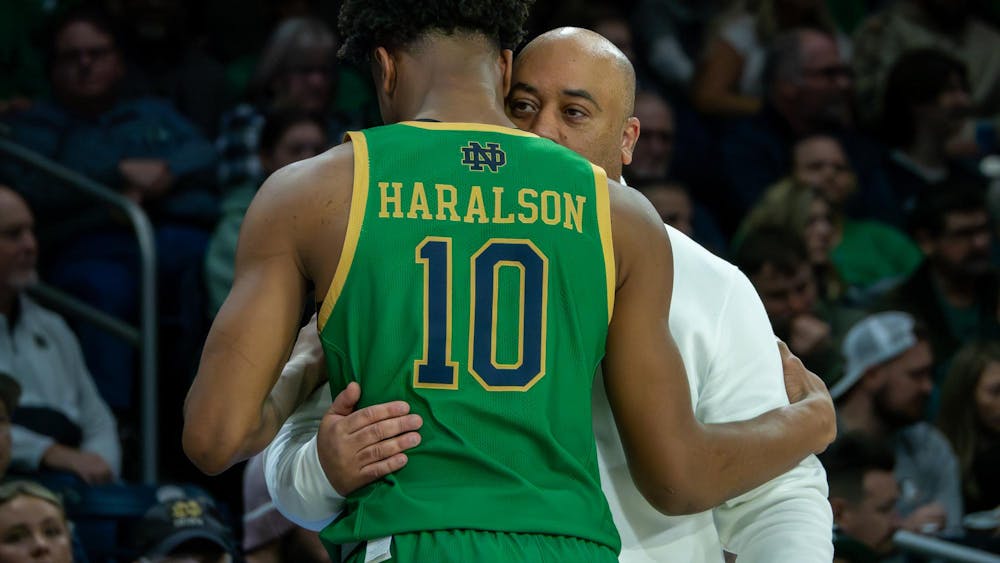Over the weekend, Boston Globe journalist Dan Shaughnessy received an assortment of strident criticism for his tweet that suggested Connecticut's women’s basketball team, which has lost one game in the last three seasons and has yet to win by less than double digits this year, is bad for the sport.
While Shaughnessy’s tweet certainly could have used supplementary qualification — which anyone familiar with Twitter knows is impossible to adequately accomplish in 140 characters — much of the aggressive backlash it received was misguided.
Although unlikely, it would absolutely be of great benefit to women’s college basketball if the Huskies were not the team crowned as champion next week at the Final Four in Indianapolis, and it would be delusional of any defender of the sport to not acknowledge — at least to some degree — the validity of such a statement.
Now, it is truly a shame that Huskies head coach Geno Auriemma, the premiere coach in not just women’s college basketball but possibly basketball as a whole, has to consistently face criticism and answer questions about how his team’s success may be detrimental to the sport. However, Auriemma’s assertion during his press conference this past weekend that UConn’s dynasty is no different from Tiger Woods’s dominance during his prime years is simply not convincing in the current context of the sport.
Most fans would agree that some form of parity in any sport is desirable to a complete lack of it. The problem with women’s college basketball’s relationship with parity isn’t just Auriemma and UConn’s recent success; more significantly, it is the fact that dynasties and domination have been way too common in the history of the sport.
Since the women’s tournament expanded to 64 teams in 1994, three universities have won 17 of the 22 championships. Additionally, there have been three separate three-peats, and the champions have consistently won each of their tournament games by average margins of victory that exceeded 20 points per game.
Dynasties cycle through various sports every so often, but no major sport in recent history has seen its champion year-in and year-out dominate like women’s college basketball. Yes, the Warriors are in the midst of a historic run of domination, but what makes it so enthralling to fans is that it hasn’t happened in 20 years. The Blackhawks’ recent success gives them a legitimate case to be titled a dynasty in the NHL, but it’s the first legitimate claim any team has had in the league since the 1980s. It may take my entire lifetime for another player to dominate the PGA like Tiger Woods did in the late 1990s and early 2000s, if it does in fact ever happen again.
Of course, in no way does this argument suggest that no recognition should be granted to UConn if it, as expected, comes out on top next week, but it certainly would be an opportune time in the scope of the sport for an upset to occur. A Final Four that includes a No. 7 seed, Washington, and a No. 4 seed, Syracuse, hints there is parity underneath Connecticut's dominance, and some statistics even suggest there is more equality in the recruiting process in women’s college basketball than there is in men’s college basketball.
While men’s college basketball will likely always be more popular than women’s college basketball in regards to the allure of March Madness and absurdly continue to be the sole benefactor of the NCAA’s monetary rewards for postseason success, it should not be refuted that the ending of UConn’s suffocating supremacy would be beneficial for the sport.
Many of the responders to Shaughnessy’s tweet, including Auriemma himself, pointed out that UConn’s success will help the sport by forcing other teams to reach a higher standard of performance to be competitive. This is undeniably true. It would simply be better if this standard were reached by competitors sooner rather than later.
Read More
Trending









